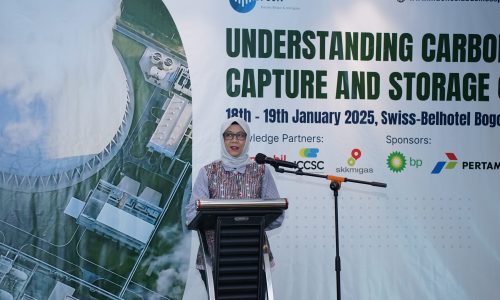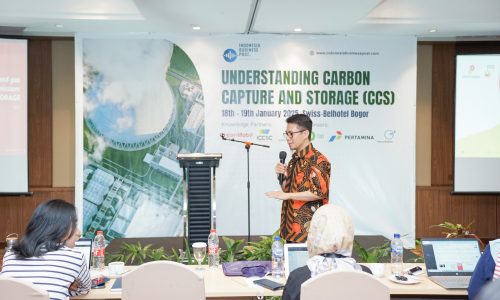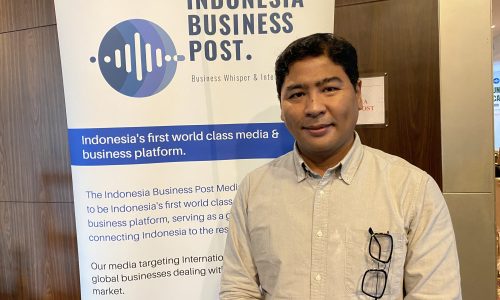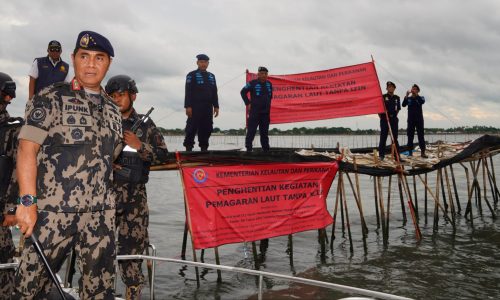Businesspeople and investors continue to complain on rampant bribery practices and conflicts of interest within the Indonesian government.
Executive Director of the Association of Indonesian Oil and Gas Companies (ASPERMIGAS), Moshe Rizal, said local administrations often extorted money for permits and licenses, not to mention red tape.
“I do not wish to name an individual case or incident, but similar practices continue to occur in regions,” he told the Indonesia Business Post on March 20, 2022.
Rizal said that businesspeople and investors would face some risks if they failed to comply with the demands from local administration official. Delaying permit applications, blocking logistics transportation and long wait for land clearance are among the hazards.
“Time is money for us. With all these delays and obstacles in the project, we are forced to pay more for land clearance and logistics transportation,” he said.
Foreign oil and gas companies from Europe, the United States, and the United Kingdom have had difficulty in reporting these unexpected expenses due to their countries’ strict anti-corruption laws. Administrative and auditing issues are usually caused by these kinds of costs.
Bribery
Fadhil Hasan, former president of the Indonesian Palm Oil Association (GAPKI), expressed similar views. Citing an example, he said the Corruption Eradication Commission (KPK) arrested a regent for receiving bribes from a palm oil company. He did not go into details. However, he added that this case showed that corruption still existed in the country.
Antigraft NGO Transparency International Indonesia (TII) researcher, Alvin Nicola, said some businessmen and companies have allocated funds in their annual budget planning to accommodate the local administrations’ demand.
“Every time they [companies or businesses] are involved in a business process, take part in the bidding process, participate in the execution of a project, or participate in a tender, they usually use their money for bribery first,” he said.
Nicola added that businesses also allocated money to “entertain” high-level politicians and government officials, a common practice in Indonesia to help smooth business deals.
Wawan Suyatmiko, another researcher at TII, believed that despite the government’s efforts to establish a One Single Submission licensing system and centralize the authority to issue permits, there is no guarantee that the system would be transparent and accountable.
“Most businesspeople are reluctant to discuss on how licences may be linked to corruption, but there are several cases where land procurement had been the source of corruption, such as the case of Meikarta [a modern city project in Bekasi regency] bribing Bekasi Regent Neneng Hasanah,” he said.
According to KPK former deputy chairman Laode Muhamad Sarif, the Indonesian government already established the illegal levy eradication central task force Saber Pungli. However, the government dissolved the task force due to allegations that certain task force members extorted money from potential targets.
Sarif said the KPK could only deal with corruption involving state administrators or public officials. The responsibility for petty crimes related to administrative services rests with the police and the prosecutors.
Nepotism
Apart from bribery, businesspeople have also complained about conflict of interest. In Indonesia, a businessperson must have a close relationship with officials or politicians, who supervise or regulate business world.
Nicola said political corruption or conflicts of interest have increased in the past three years.
For instance, former Minister of Maritime and Fishery Edhy Prabowo only granted export permits to companies with close ties to him and the Gerindra Party in export permit of lobster seeds.
“It only benefits those with a political connection even though those without political connection have complied the administrative requirements, filed on time, and updated the information online on the single submission website,” Nicola said.
It is a common practice, he added, that businesspeople without political connections or nepotism would not be granted permits.
Government officials also usually issue a policy that benefits their cronies. Generally, such an approach leads to monopolies or oligopolies on the market, according to Suyatmiko.
Corruption is prevalent in several industries, including manufacturing, goods and services, banking, and medical and healthcare.
When the COVID-19 pandemic first occurred in Indonesia, for instance, a company without an established track record or experience in the procurement of medical equipment can be appointed as the winner of the bidding. Even without a detailed filtering process, companies with no track record in healthcare can even win the bid.
Officials generally argued that these companies would be able to participate in the bidding process due to the emergency and the government’s need to acquire goods and services quickly.
“Regulations should govern the world of business. For example, if I have met the requirements for doing business in Denmark, I am not required to have a personal relationship with the prime minister, the governor or the mayor,” said Sarif.
Many foreign investors, he added, opted to relocate their businesses to Vietnam, Malaysia and Thailand because those countries were perceived to have more ease of doing business.
Indonesia scored 38 points out of 100 on the 2021 Corruption Perceptions Index reported by Transparency International.










